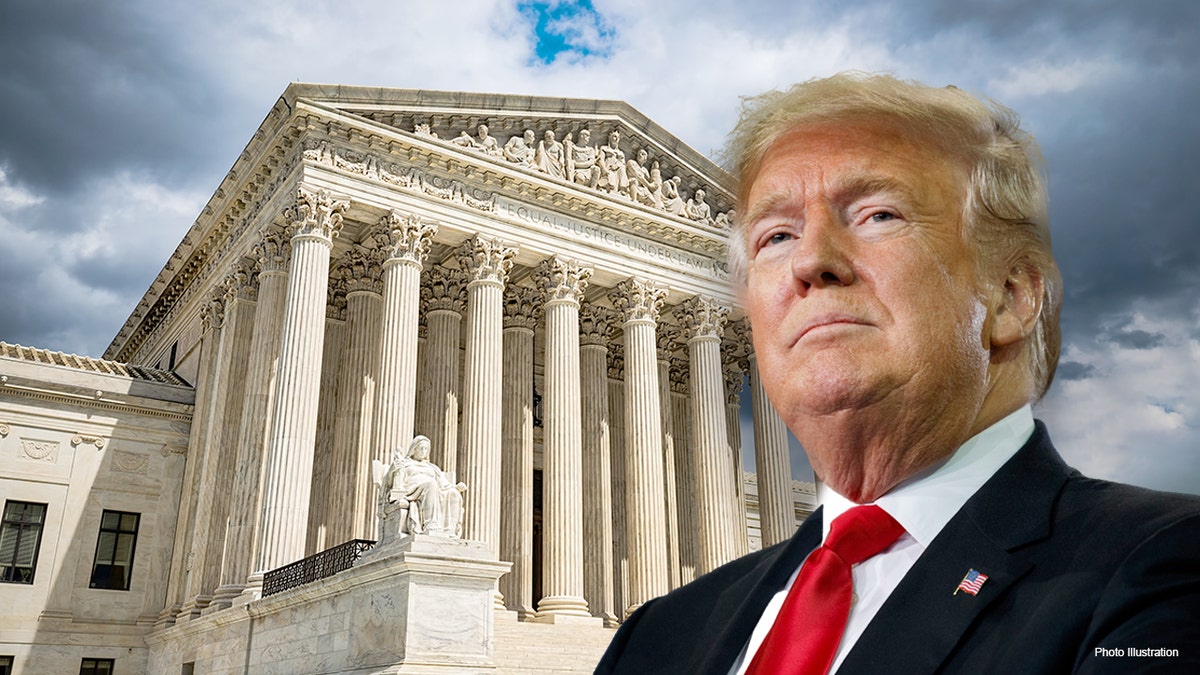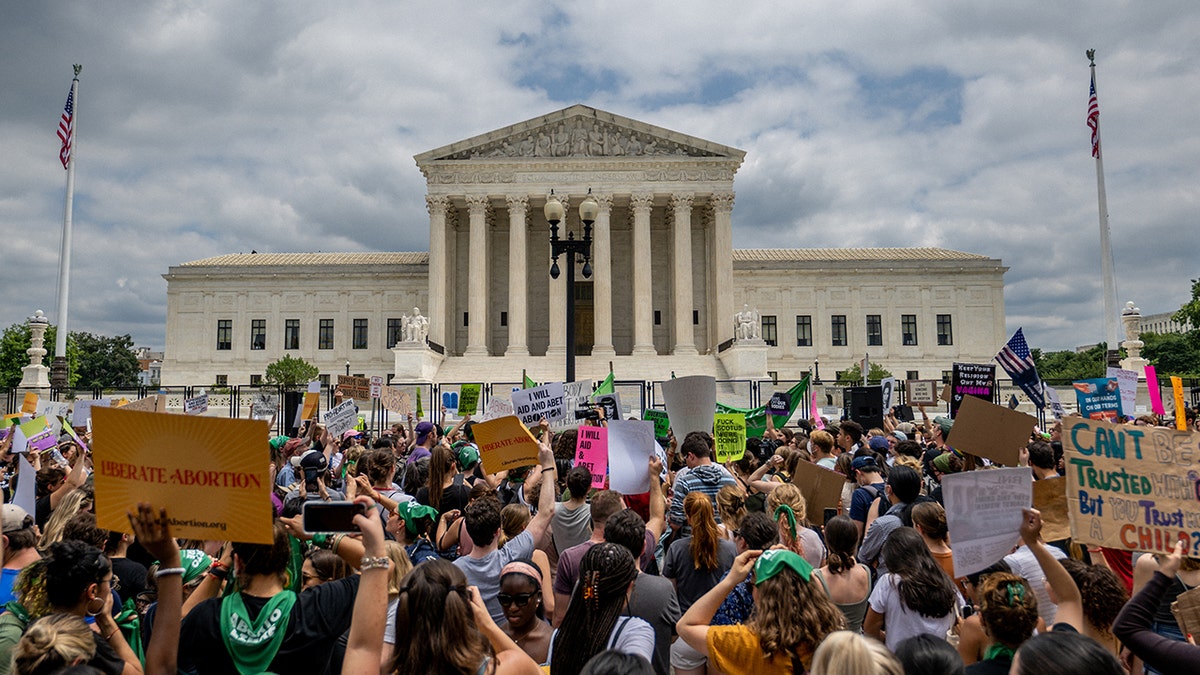The Supreme Court kicks off another big term
The Justices hear cases on gerrymandering and the EPA's powers.
The Supreme Court is expected this week to make a ruling on whether the government can start to review the documents seized from former President Trump’s home in its criminal investigation, a case it agreed to take under its so-called "shadow docket."
Trump filed an emergency petition last week asking the Supreme Court to review an Appeals Court decision that said the Department of Justice can keep reviewing documents it seized at his home in August. If the Supreme Court agrees, an independent special master, former District Judge Raymond Dearie, would review the seized documents and decide which might be privileged and therefore protected from the government’s review.
The Trump case is just one of many emergency petitions the Supreme Court will handle that will fill out what has come to be known as it’s "shadow docket." Unlike the regular caseload that makes its way through the court system and is subject to extensive briefings and oral argument before the justices, the shadow docket is a more unpredictable set of decisions that stem from emergency petitions like the one Trump filed.
Shadow docket cases are more time-sensitive and arise when a procedural issue needs to be addressed before the Supreme Court has time to hear all the arguments on the merits. Several criteria must be met before the Court adds a new case to its emergency docket, including whether inaction will cause irreparable harm or when there is a "reasonable probability" that four justices will eventually agree to review the merits.
SUMMARIES OF HIGH-PROFILE SUPREME COURT CASES

Former President Trump (Photo Credit: AP / iStock)
One notable shadow docket case was decided in April, when the Court voted 5-4 to block a lower court ruling that would have gutted a business-friendly environmental rule written under the Trump administration.
Additionally, in a shadow docket case that helped Democrats, the Court in March blocked a lower court ruling that said the Pentagon could not condition the deployment of Navy SEALS on their vaccination status.
The Court’s shadow docket cases have drawn complaints, including from the justices themselves. In the April environmental case that supported the Trump-era regulation, Justice Elena Kagan argued that taking up that case "renders the Court’s emergency docket not for emergencies at all."
SUPREME COURT TO HEAR CASE ON BIG TECH’S LEGAL IMMUNITY FROM CONTROVERSIAL CONTENT

People protest in response to the Dobbs v Jackson Women's Health Organization ruling in front of the U.S. Supreme Court on June 24, 2022 in Washington, D.C. (Photo by Brandon Bell/Getty Images)
"[T]he majority’s decision is emblematic of too much of this Court’s shadow-docket decision making—which every day becomes more un-reasoned, inconsistent, and impossible to defend," she wrote.
However, Justice Samuel Alito rebutted his colleague in a September 2021 speech at Notre Dame, concluding that there is nothing all that shadowy about the Court's emergency docket.
FIVE MONTHS LATER, SUPREME COURT STILL INVESTIGATING WHO LEAKED THE ABORTION CASE
"The catchy and sinister term ‘shadow docket’ has been used to portray the court as having been captured by a dangerous cabal that resorts to sneaky and improper methods to get its ways… This portrayal feeds unprecedented efforts to intimidate the court or damage it as an independent institution," he said.

The Supreme Court in Washington, D.C. (AP Photo/J. Scott Applewhite)
CLICK HERE TO GET THE FOX NEWS APP
Emergency applications to the Supreme Court are sent to the individual Justice assigned to the relevant circuit out of the 13 federal circuits. Trump’s emergency application, which could be decided this week, was sent to Justice Clarence Thomas because he covers the 11th circuit, which includes cases in the state of Florida.













































